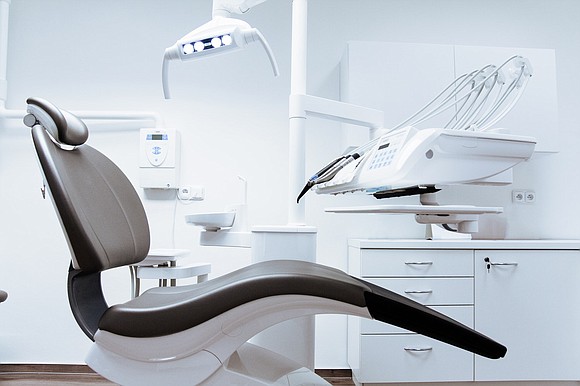As a consumer of healthcare, I am a forced participant in one of the largest scams on the planet. That scam is the American healthcare system. Basically, the scam goes like this: I pay more and more for shrinking services, big healthcare organizations reluctantly provide services while pretending to care about my health, and corporate shareholders and executives become fabulously wealthy. I love America!
What about the physicians, nurses and other healthcare professionals we all know and love? They lost control of the healthcare industry in the early 1970’s. Today, they are bit players or employees of big healthcare.
Being from a tough neighborhood in Baltimore filled with wise people I have learned no scam continues forever. The three-card monte guy gets chased from the corner. The crooked home improvement contractor is chased from the community or arrested. The house burglar picks the wrong house and is either arrested or shot.
The scam eventually comes to an end.
We are in a similar place with respect to healthcare. I can sense it. I can smell that certain something in the air that portends a violent thunderstorm, or worse. The healthcare scam is about to abruptly draw to a close.
What precipitated my cataclysmic prediction? I recently observed top technology firms confidently moving to pounce on an industry The New York Times referred to as “a notoriously inefficient, intractable web of doctors, hospitals, insurers and pharmaceutical companies.”
These top tech firms are not eyeing the healthcare industry from the angle of a typical Wall Street merger and acquisition deal. Nope. I see in their moves a vision of creating the next Amazon, Google, Uber, Airbnb, SpaceX or iTunes. I see these tech firms planning a massive, irreversible industry disruption driven by technology, followed by layoffs, bankruptcies, real estate vacancies and ultimately substantially lower costs with improved patient outcomes. I see destruction, creation, renewal and change.
On January 30, 2018, a curious article appeared in the Wall Street Journal: “Triple Threat: Amazon, Berkshire, JP Morgan Rattle Healthcare Firms.” According to the article, these three behemoths plan to form a company to reduce their workers’ health costs using technological solutions. The goal is simplified, high-quality healthcare for thousands of their employees. If this sounds like the typical corporate search for cost savings, you are wrong. The new company will not be a profit-making venture. Shares of health insurers and healthcare companies plunged.
Some healthcare industry mouthpieces bravely brushed off the announcement, essentially saying, “Move along, nothing to see here.” One consultant brashly told The New York Times, “The idea that they could have any sort of negotiation leverage with unit cost is a pretty far stretch.”
However on the very next day, The Editorial Board of the Wall Street Journal published an article encouraging the threesome not to go after small potatoes such as pharmaceutical deliveries. “Our advice: Go much bigger.”
“American health-care could benefit from creative destruction,” The Editorial Board advised, adding ominously, “health care is long overdue for a shake up.” I detected the first droplets of rain as the sky darkened and the sound of thunder could be heard in the distance.
On February 12, 2018, we learned from the Wall Street Journal that Walgreens, the second largest pharmacy chain in the United States was making a bid for one of the largest pharmaceutical distributors, AmeriSourceBergen, seeking to buy the shares it did not already own. This was a typical vertical integration play where a retailer and a distributor combine in search of supply-chain efficiencies. Rumble heard off in the distance.
The next day, the medical supply industry heard lightning strike with a deafening clap. The Wall Street Journal ran the following headline: “Amazon’s Latest Ambition: To be A Major Hospital Supplier.” By the closing bell on Wall Street, shares of three of the largest medical supply distributors— McKesson, Cardinal Health and Owens & Minor— fell 2.17 percent, 3.19 percent and 5.1 percent, respectively.
All three shares, for the time being, have recovered, but they all suffered damage from a direct lightning strike.
America is about to witness one of the biggest scams come to a crashing end. Despite the American healthcare industry having bought politicians like Pokemon cards and stuffed obscene amounts of profit into the pockets of their executives and shareholders, the industry only managed to deliver mediocre patient outcomes according to the Commonwealth Fund, which in 2017 ranked healthcare outcomes in the U.S. last of eleven high-income countries.
The top tech firms took note as they were closing the door to the Information Age while opening the door to the Age of Artificial Intelligence. The American healthcare industry should have noticed the transition. They did not and here we are.
Stay tuned as I follow this exciting, disruptive transition for the healthcare industry. The storm is just beginning.
Douglas Kington owns a commercial real estate brokerage firm in Baltimore, his hometown. He worked as an engineer before earning an MBA in Finance.
